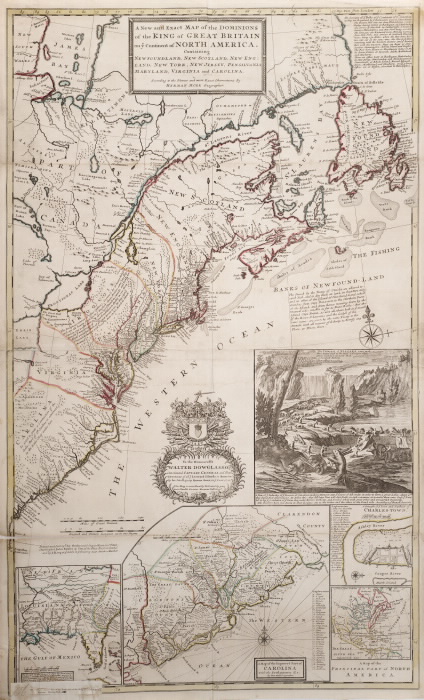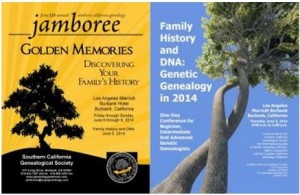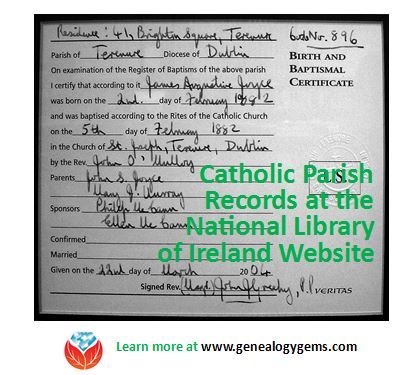Digitizing Colonial America: Help Is On The Way for Your Colonial Genealogy
If you’ve got British colonial roots in North America, you know how tough it can be to learn more about your family during that time. That’s why I was excited to read a

The Beaver Map, 1715. By Special Collections Toronto Public Library. Flickr, via Wikimedia Commons.
recent article in the Harvard Gazette.
According to the article, plans are afoot to digitize and make available millions of British colonial documents. Yep, you read that right. Millions. There are still that many colonial-era documents sitting largely untouched in public and private archives, far from the reach of the everyday genealogist.
The Gazette reports not one but two major digitizing projects underway relating to British colonial documents in the U.S. Harvard University is leading the first project, which is already funded and underway. It will capture around 30 million pages of 17th- and 18th-century material from more than 1600 manuscript collections at 12 different Harvard repositories.
As if that’s not good enough news, a much larger project is in the works, too. A larger-scale Colonial Archives of North America has plans to digitally assemble pre-Revolutionary War material from Harvard and several historical societies, archives and Libraries in New England, New York and beyond (including Montreal). I was pleased to see that records relating to businesses, poverty, public health and indigent care will form part of the anticipated collection. These kinds of documents talk about everyday folks and their living conditions. Just what we want for our colonial genealogy. This second project is not funded yet but researchers are confident it will be.
Meanwhile, check out online resources like these for colonial documents:
- Library of Congress’ online resources for Colonial and Early America;
- The John Carter Brown Library’s digital Archive of Early American Images;
- Colonial Williamsburg’s Digital Library; and
- Cornell University Library’s Windows on the Past digital collection.
Irish Catholic Parish Registers from National Library of Ireland
As of today, the National Library of Ireland expects to launch a free, digitized collection of ALL its Catholic parish registers on its website (this link takes you to the English version; it’s also available in Irish). Nearly 400,000 digital images of microfilmed parish records comprise this collection.
According to a press release, “The parish register records are considered the single most important source of information on Irish family history prior to the 1901 Census. Dating from the 1740s to the 1880s, they cover 1,091 parishes throughout the island of Ireland, and consist primarily of baptismal and marriage records….Their digitisation means that, for the first time, anyone who likes will be able to access these registers without having to travel to Dublin.”
Catholic parish registers are a vital genealogical resource. In addition to the names of those baptized or married, they usually include those event dates, names of parents of baptized children, godparents and witnesses (who may also be relatives).
NOTE: This is a browsable-only collection. There are currently no plans to index or transcribe the records. However, the press release included a great suggestion for accessing indexes: look to local family history centers for that parish or neighborhood. “The buy diet medication online nationwide network of local family history centres holds indexes and transcripts of parish registers for their local areas,” it says.
 Those unfamiliar with Ireland research may assume this means local FamilySearch Family History Centers, but a map shows only a few of these in Ireland. I would start first with the network of county genealogy centers, accessible online at Roots Ireland. According to that site, “The county genealogy centres are based in local communities, working with volunteers, local historical societies, local clergy, local authorities, county libraries and government agencies to build a database of genealogical records for their county. By using this website you are supporting that work and the communities from which your ancestors originated.” Several counties actually already have online records you can access through the Roots Ireland link above. Ancestry also has several databases of Irish Catholic parish registers.
Those unfamiliar with Ireland research may assume this means local FamilySearch Family History Centers, but a map shows only a few of these in Ireland. I would start first with the network of county genealogy centers, accessible online at Roots Ireland. According to that site, “The county genealogy centres are based in local communities, working with volunteers, local historical societies, local clergy, local authorities, county libraries and government agencies to build a database of genealogical records for their county. By using this website you are supporting that work and the communities from which your ancestors originated.” Several counties actually already have online records you can access through the Roots Ireland link above. Ancestry also has several databases of Irish Catholic parish registers.
For more tips on researching your Irish relatives, listen to the FREE Family History Made Easy podcast episode 21, in which we interviewed Irish expert Judith Wight. You’ll hear her tips on finding Church of Ireland records, civil registrations, estate records and how history helps us understand gaps in the records.
Thank you for sharing this post with those who will LOVE to know about these Irish genealogy resources!
SCGS Jamboree 2014 Lineup Announced!
I’m pleased to return this year to speak at the 45th Annual Southern California Genealogy Jamboree. This popular conference, hosted by The Southern California Genealogical Society, runs June 6 to 8, 2014 in Burbank, California, USA.
The theme of the 2014 Jamboree is Golden Memories: Discovering Your Family History. It promises to pack tons of fun into a long weekend, as it always  does. According to the press release, “Our heritage focus will be on European ancestors. Class sessions are scheduled for German, Irish, English/UK, Scotland, Eastern Europe, Italian, Mennonite, Swedish, and Russian, as well as African American and Jewish classes. Jamboree will be the culmination of a year-long celebration of the Society’s 50th Anniversary, and special activities will commemorate the Decade of the 60s. Dust off your tie dye tees and pillbox hats and take part in our Sunday noon ‘fashion show.’ Winner by popular vote will receive a free registration to the 2015 Jamboree.”
does. According to the press release, “Our heritage focus will be on European ancestors. Class sessions are scheduled for German, Irish, English/UK, Scotland, Eastern Europe, Italian, Mennonite, Swedish, and Russian, as well as African American and Jewish classes. Jamboree will be the culmination of a year-long celebration of the Society’s 50th Anniversary, and special activities will commemorate the Decade of the 60s. Dust off your tie dye tees and pillbox hats and take part in our Sunday noon ‘fashion show.’ Winner by popular vote will receive a free registration to the 2015 Jamboree.”
My classes on Friday and Saturday include:
- “Who Needs Google Reader? Flip Out Over Genealogy Content with Flipboard!” Learn how to use the free Flipboard app to turn your favorite genealogy web content into your own free customized digital magazine. You will flip over how fun and easy they are to create and share. Perfect for genealogists and societies!
- “Ultimate Google Search Strategies for Genealogists.” Learn Google search techniques, tricks and tips to achieve better genealogical search results, and then elevate your search to a strategic level. Finally, see how all of this applies across the spectrum of free Google Tools.
- “How to Create an Exciting Interactive Family History Tour with Google Earth.” Learn to tell your ancestor’s story in a captivating multi-media way in Google Earth. Incorporate images, videos, genealogical documents, and historic maps and bring it all together in a virtual family history tour for sharing and research analysis.
SCGS Jamboree 2014 welcomes 55 speakers, over 60 exhibitors, 134 class sessions for a variety of experience levels, and special events. Online registration is open on the Jamboree website, and the Marriott’s website is ready to take your reservation. Hope to see you there!

